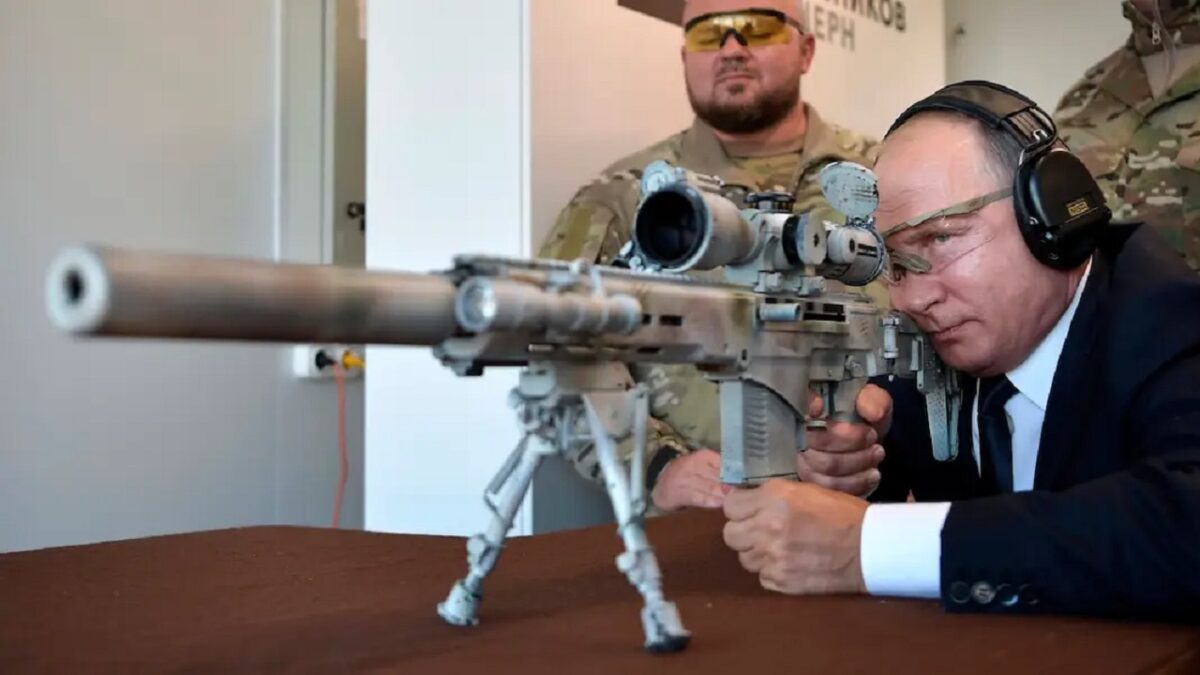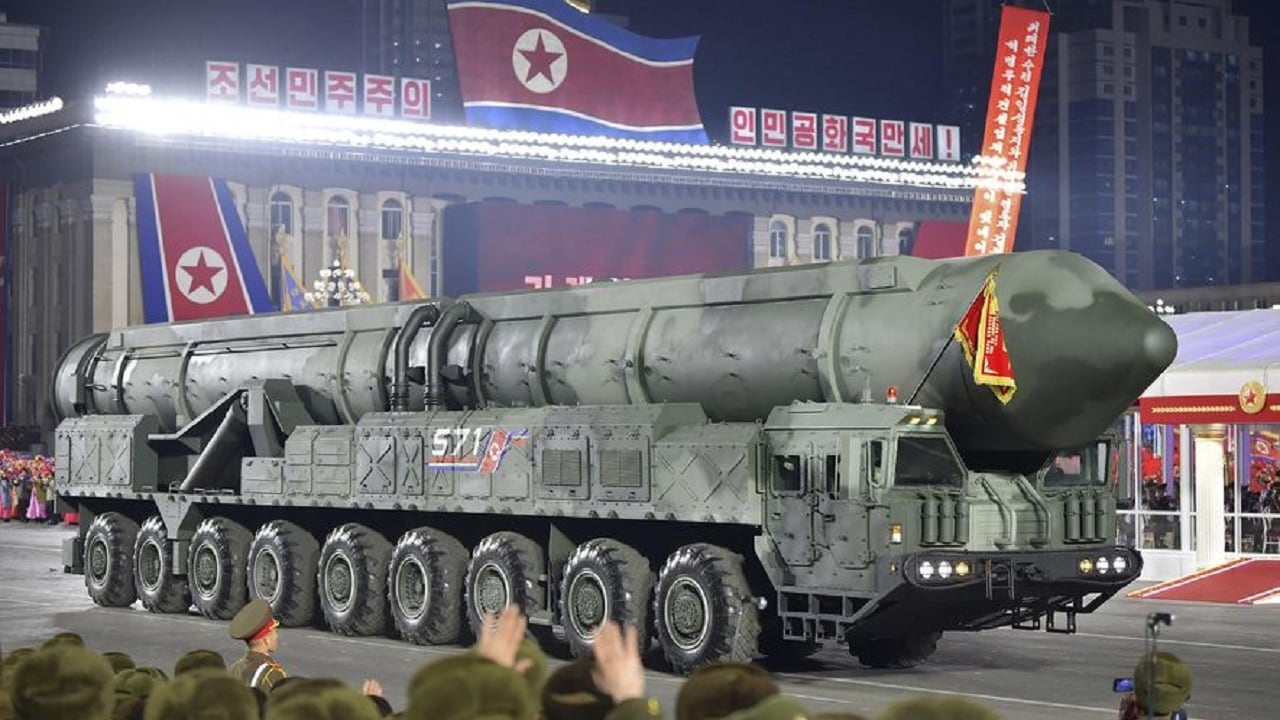Russian President Vladimir Putin and North Korean supremo Kim Jong Un met in far eastern Russia this week.
There is a lot of anxiety that the two might form some kind of partnership or even alliance.
They certainly share a lot in common. Both are gangsters running mafia states, where enemies ‘accidentally’ fall out windows and corruption is widespread.
Both loathe American hegemony and are excluded from the world economy by sanctions. As mutual pariahs, an alignment seems natural, and there is probably not much the rest of the world can do about it.
But we need not worry that much. This is a partnership of the weak and the desperate. Neither remotely possesses the ability to undo the vibrant liberal world economy around them which they envy so much. Nor do either have the ability to challenge the global political order except by using nuclear weapons, which has its massive downsides of course.
They can surely cause trouble, but we need not overreact. So long as China – which is vastly more powerful and helps keep these two rogues afloat – keeps its distance, an alignment of Russia and North Korea can only play the spoiler. It cannot radically alter world politics.
Russia and North Korea are Weak, Which is Why They Act so Fearsomely
Our typical impression of Russia and North Korea is of fearsome states who threaten their neighbors with vast, strutting militaries. There is some truth to this. Both countries really want us to see them that way. They conduct large military parades, and both leaders are frequently seen publicly with military officials. Both make frequent threats and invoke their nuclear weapons routinely.
But this is mostly bravado. The core elements of national power are economic capacity and military capability – How big is your economy? And how much, consequently, can you spend on defense? And Russia and North Korea are both very far behind.
Putin himself admitted this in his famous lament that the break-up of the Soviet Union was the “greatest geopolitical catastrophe of the twentieth century.” Without the large economic base of the USSR and its empire, Russia is far weaker. It simply cannot keep up with the productive capability of its rivals. North Korea’s position is even worse, of course. Its economy is less than 5 percent the size of South Korea’s economy.
The result is that neither can afford the military they desperately want. Specifically, neither can afford the military quality they want. Russia’s army is bogged down in what was supposed to be a quick war against a minor power. Instead, Russia’s performance in Ukraine has made it clear that it is no match for NATO. North Korea has been conventionally behind South Korea for decades.
The result is that both talk up their nuclear weapons. They are covering their weakness. But nukes are a poor way to demonstrate power. They are so dangerous and frightening that they are all but unusable in normal diplomacy. Putin and Kim both benefit from regime security – no one will attack them now – but they do not give Russia and North Korea the ability to alter day-to-day politics around them, to catch up to their competitors, to reduce American dominance, and so on.
North Korea Wins from a Trade
We need not overreact to their emergent military trading relationship. It is bad but not catastrophic. North Korean ammunition will buy time for Russia in Ukraine, but it does not resolve Russia’s core problems in that war – massive, technologically superior Western aid to Ukraine; a far greater Ukrainian will to fight; a relentless bleeding of Russian power at the expense of its pretensions to equality with the West and China.
More problematic is a Russian transfer of nuclear submarine technology or missile engine technology to North Korea. North Korea is surprisingly good a repurposing and indigenizing foreign technologies. It will use Russian technology to improve its missile force and its survivability against a U.S.-South Korean airstrike.
But this too alters the balance of power on the Korean peninsula. South Korea is massively conventionally dominant, and any North Korean nuclear use would provoke massive punishment. We have lived with North Korean nuclear weapons for almost twenty years already.
North Korea does win from the trade though. Russia is so desperate for ammunition for its quagmire of a war that it is considering trading away technologies it would normally never give a rogue such as North Korea.

Russian President Putin. Image Credit: Russian Federation.
There is No ‘Axis of Authoritarianism’ without China
A vague North Korean-Russia alignment adds a new headache to East Asian security. But without China, it is still underpowered. Russia and North Korea do not have the economic heft to build an axis or counter-order to the democratic capitalist states. And China is deeply economically integrated with those states. Should Beijing break with the world economy to join Russia and North Korea, that would indeed be revolutionary. But this is not forthcoming. Beijing has been very quiet on Putin’s war. Without China, Putin and Kim are just a couple of gangsters.
About the Author
Dr. Robert E. Kelly (@Robert_E_Kelly; RoberEdwinKelly.com) is a professor in the Department of Political Science at Pusan National University and 19FortyFive Contributing Editor.

